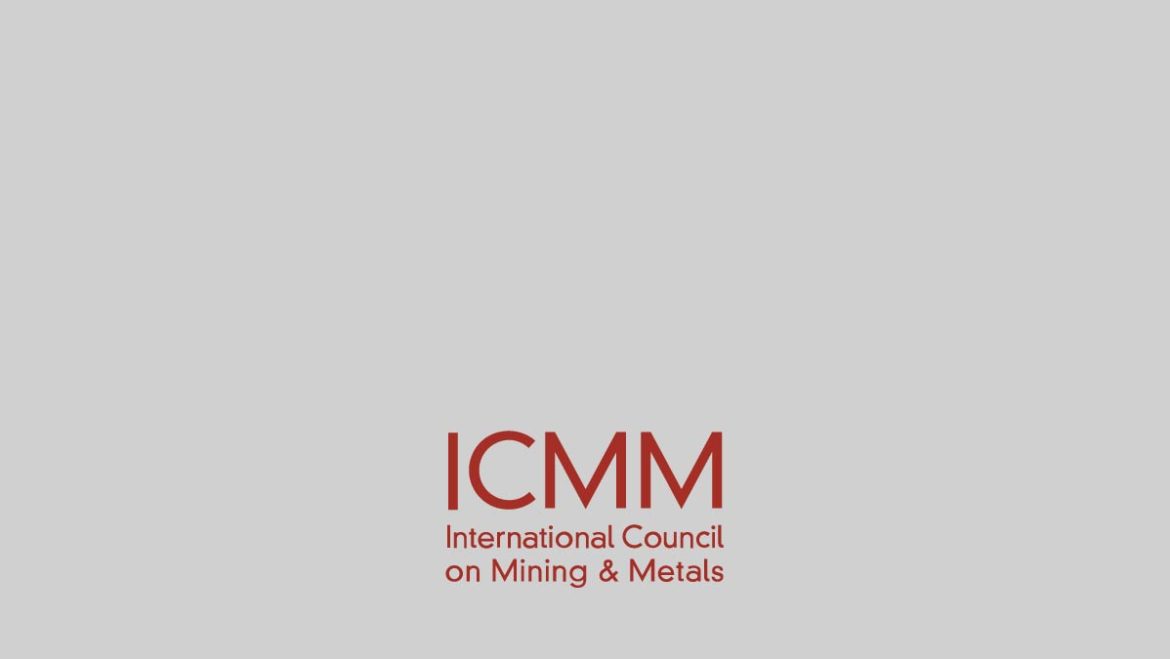The Rössing Foundation was established in 1978 through a deed of trust to implement and facilitate the corporate social responsibility activities of Rössing Uranium within Namibian communities. The Rössing Uranium mine is one of the largest and longest-running open pit uranium mines in the world. It is located in the Namib Desert 65 kilometres from Swakopmund near the town of Arandis in the Erongo Region. Rössing is a member of the Rio Tinto group of companies.
The Damara people once inhabited large parts of central Namibia and are regarded as the oldest inhabitants of Namibia alongside the San and Nama. The Damara people mainly live in the Erongo Region and have been exposed to the region’s mining activities for many years. While traditionally relying on agriculture and cattle, sheep and goat herding, many Damara have started working as small-scale miners mining semi-precious stones such as amethysts and topaz in the Erongo Mountains.
In 2004, the traditional authority of the Damara people approached the Rössing Foundation to request support in formalizing the many individual and small groups of small-scale miners to enable them to more efficiently market their stones. The trade of the semi-precious stones had so far not been regulated, and most miners did not have the necessary knowledge to determine the value of the stones they mined, neither were stones cut and polished to add value. The foundation took nearly 10 months to consult, scope and plan a program with the local miners and the Damara traditional authorities. It was jointly decided to put a formal association in place through which the Damara people can organize themselves and increase profits.
Small-scale miners were mobilized to come together and join the locally managed institution known as Erongo Region Small-scale Miners’ Association (Ersma), which was established in 2008. The foundation provided business management training and assisted the association with developing its constitution and legally registering as a not-for-profit organization. Today, up to 90 per cent of Ersma’s 1,600 members are made up of Damara people.
In 2009–10, Ersma, which is now autonomously run and governed by a board of mostly Damara people, partnered with the Ministry of Mines and Energy to develop a training course on value determination of stones. The Rössing mine itself also worked with Ersma to deliver health and safety training for the small-scale miners. Through these trainings, Ersma began to successfully diversify its products and services by introducing jewellery making, together with other value-addition ventures of cutting and polishing semi-precious stones. Jewellery making was made possible through the acquisition of a tumbling machine. Furthermore, Ersma secured a business outlet at the Namibia Craft Centre in Windhoek, the capital of Namibia, which now offers small-scale miners an opportunity to exhibit and sell their products in the capital as well. A bigger cutting and polishing facility is currently being planned at the Ûiba-Ôas Crystal Market, enabling the miners to exhibit their stones to tourists and locals passing through the area.

